The BEST season is just around the corner. Time to shout about it.
Can you believe that next Tuesday is August 1st? Labor Day is just a month away, and schools go back around August 10. Traditionally the summer tourist season here on the northern Gulf Coast runs from Memorial Day to Labor Day, what was called the 100 days of summer. These days, with schools breaking later and returning earlier, it’s almost the 60 days of summer. From the industry’s point of view, there’s a big weekend for Memorial Day, then a pause until the schools have been out for a week. Independence Day is huge, although the real success depends on which day the 4th actually falls. Then the season continues until the schools return when there’s a breather until the big Labor Day weekend.
As we locals know, the passing of Labor Day brings one of the two best parts of the year (the other being between spring break and Memorial Day) when the humidity disappears, the heat backs off just a tad, and the large numbers of tourists (those with their young families) are absent. It’s the time we all love, the ideal time to live here.
It’s also the time to attract those tourists that we really love. The higher spending, lower party size, Boomers and Millennials who come for the festivals, life style, food and culture. Not that we don’t love the families who fill the beaches in the summer of course.
Successful tourism maximizes income during the Summer Season, so that the fewer numbers of higher spending visitors during spring and fall provide the icing on the cake. A small increase in these guests provide a thankfully disproportionate increase in income. How to attract this small increase?
Obviously we need to keep our attractions, restaurants and experiences open. We need to plan our concerts and cultural events for this time of year. We need to heavily promote what we feel is the best season of the year.
Many of my fellow industry professionals want to ban the term ‘shoulder season’ when referring to Fall. The move is to call it the Best Season. I understand where they’re coming from. To those in the industry, between ourselves, it will always be a case of high, shoulder and low seasons. That’s inescapable. But to the tourists renaming Fall ‘The Best Season’ maybe simplistic. Best for what?
This is where really clever marketing will come in. Tailoring our message to individuals or personalizing, is where tourism marketing is succeeding now. If you love fishing then the Fishing Rodeo is YOUR season. Music, seafood, arts all appeal to small but high spending individuals with the opportunity to travel. I will say that if you Google ‘Fall Festivals Florida’ you’ll be hard pressed to find many in our area. That’s something that can be solved with creative search engine optimization of course. The Alabama coast has cracked that.
The Best Season, Your Season, Festival Season whatever. Let’s get the word out that Fall is the absolutely greatest time to be here.
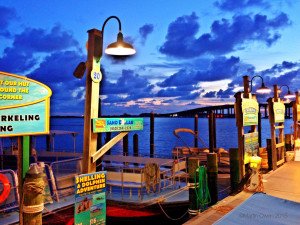






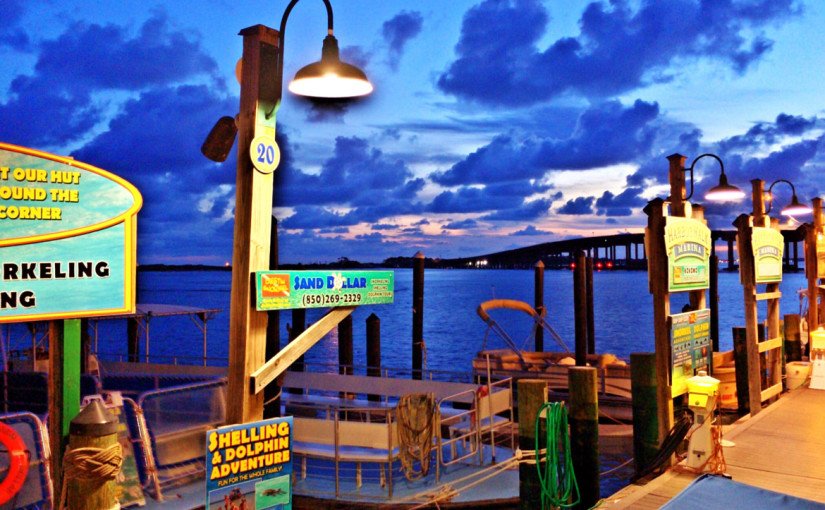



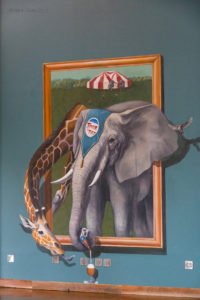

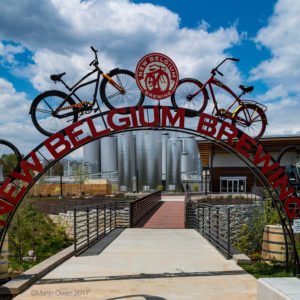

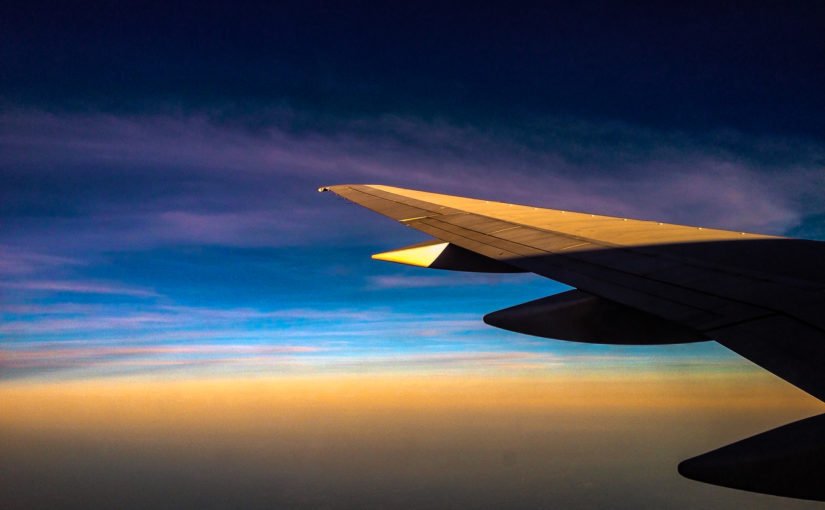
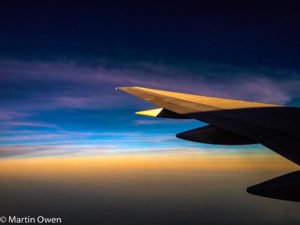
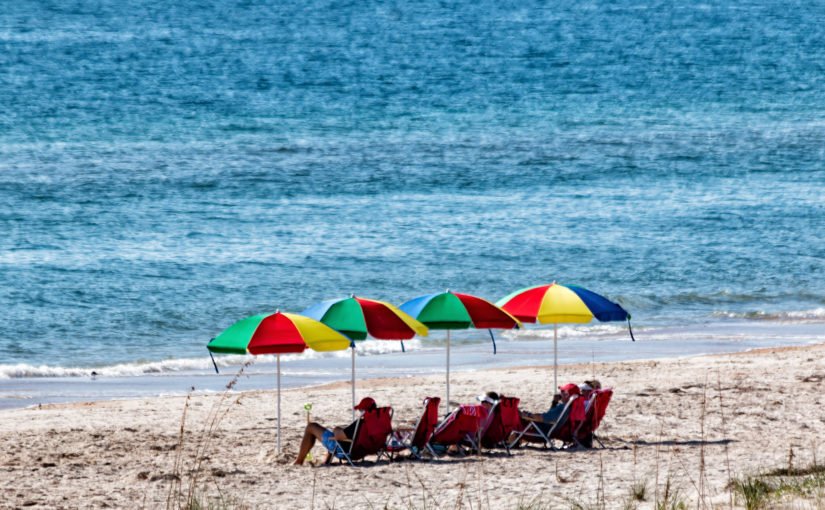
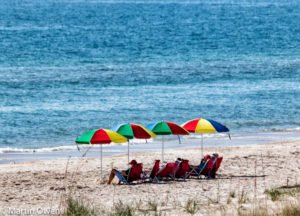
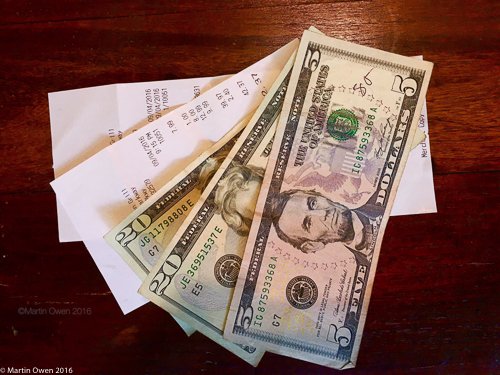
 .
.